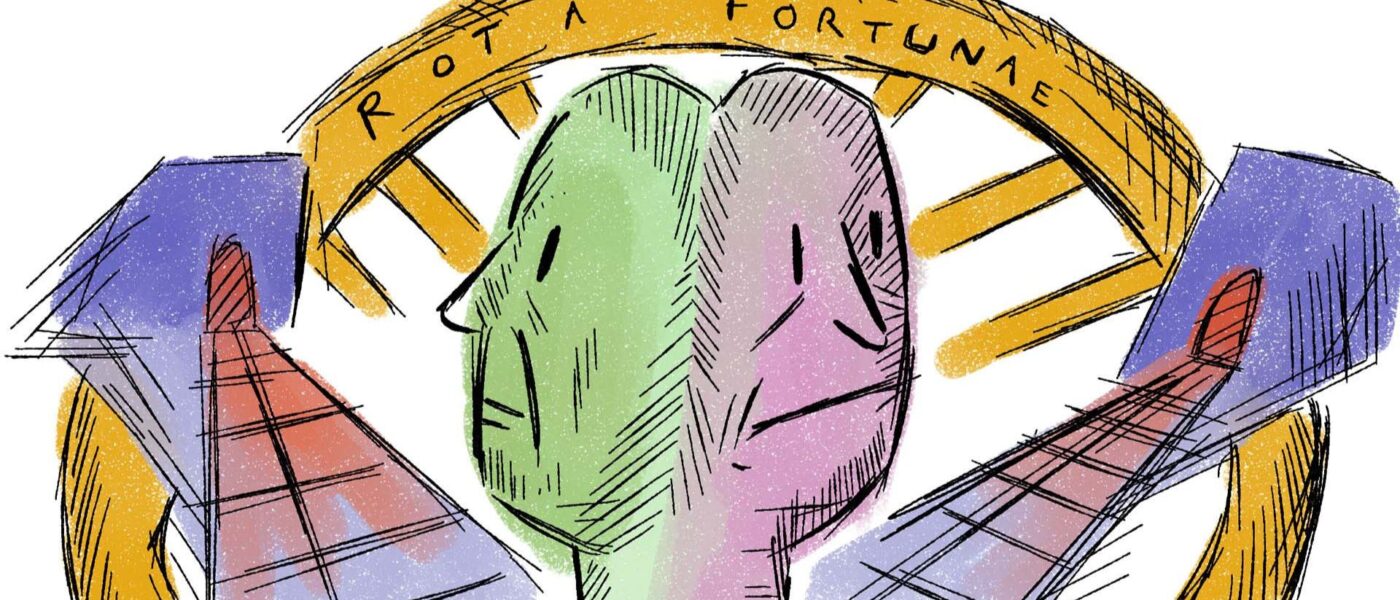How Much Power Do We Have Over Our Lives?
I want to believe we have the freedom to make choices in our lives, but our existence isn’t a good example.
It’s hard to believe in free will when people face bombings and violence, while others are born into privilege and wealth.
In the United States, we’re often told that we have the option to pursue riches and success.
While it may be written off as the path to freedom, the pursuit of money often comes with its own limitations. It can take a toll on our sense of identity and agency, leaving us to feel lost in the pressure to succeed.
Many fast-risers, like celebrities, often struggle to adjust to the spotlight and expectations placed upon them. Some never find their footing, leading to the phenomenon known as the ‘27 club,’ where talented individuals choose to end their life at the age of 27.
The illusion of free will extends to the average businessman. Successful entrepreneurs, particularly men in their forties, who may appear to check every box—money, house, car, job—are one of the most susceptible groups to face depression and mental health struggles. External freedoms come with a price.
Some people choose to withdraw from society to avoid the pressure to conform to norms and expectations, but they lose their community and family in the process.
Our choices frequently feel like choosing between the lesser of two evils; we end up fighting against ourselves.
Yet, many of our problems are caused by factors beyond our control, like people’s actions. Wars, famines and corrupt socio-political systems are man made. Sexism and racism persist worldwide, tailored by the privilege of others.
Despite the trauma everyone is bound to face, we have the power to choose whether to perpetuate the cycle of harm.
Taking care of ourselves and our emotional needs is often dismissed, especially for men, as it portrays them as weak or fragile. But neglecting our emotional well-being can lead to difficulties in coping with adversity and interacting with others.
This begs the question: what does it mean to care for ourselves?
Socrates believed it meant understanding who we are and uncovering hypocrisies in our beliefs and actions. He encouraged people to think critically about their lives.
This can also be seen in Freud’s theory of the id—the force that drives our unconscious needs and desires and highlights the worst parts of people. Without acknowledging inner truths, people will continue to place themselves in self-centered situations that yield harmful consequences.
Choosing to prioritize our well-being is the one form of agency we have. That is the only choice we can make.
We can’t choose who we are or who we love, but we can choose to understand ourselves and care for the people around us.

